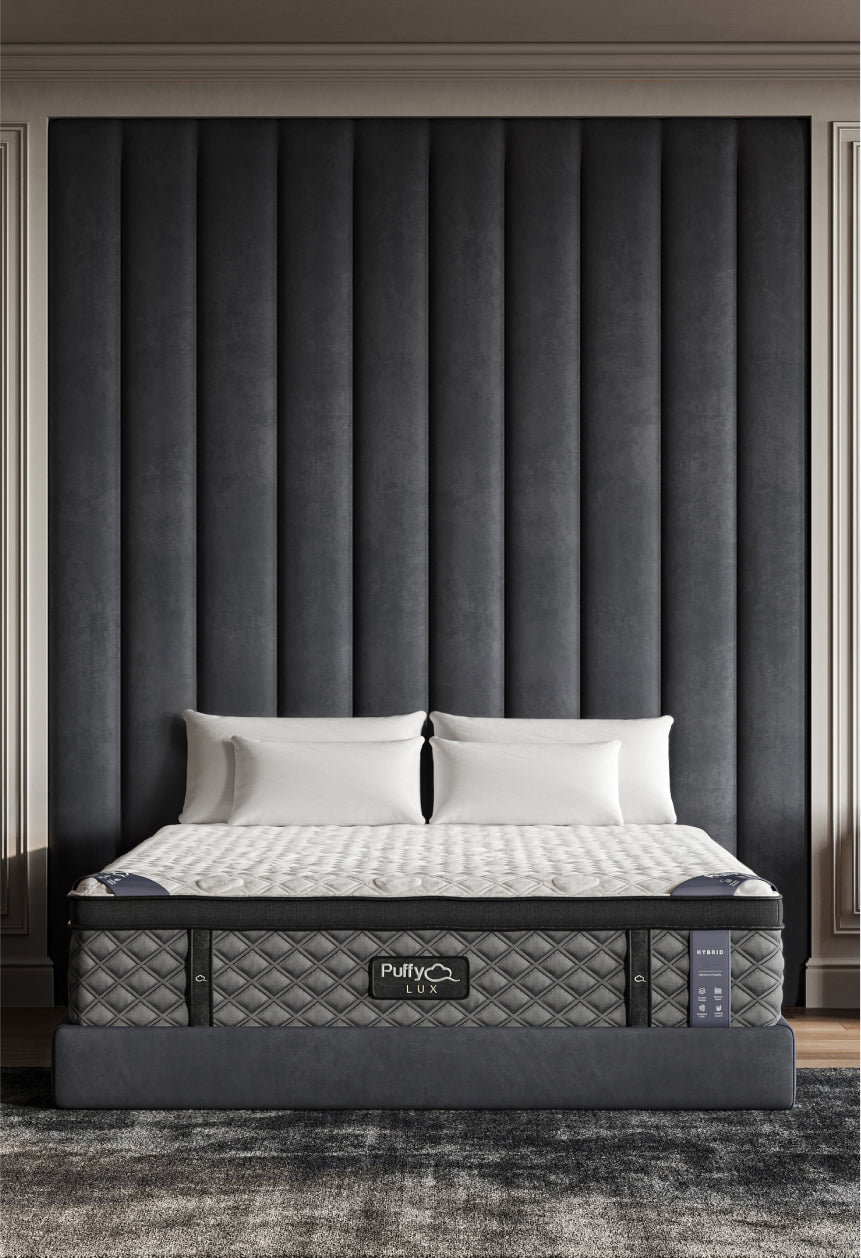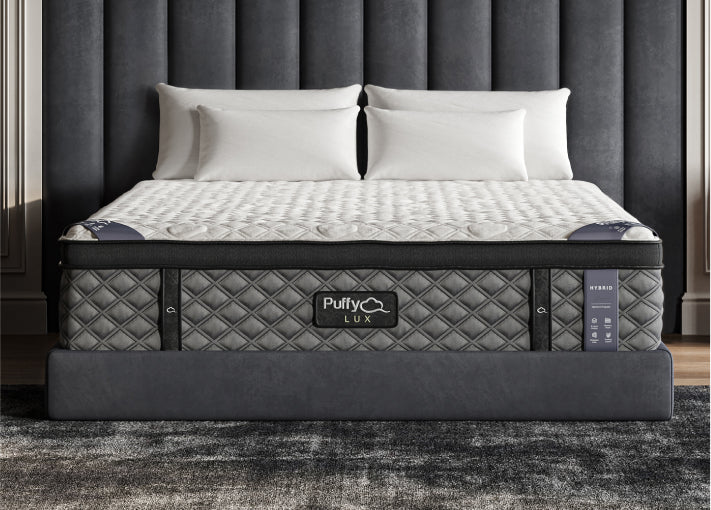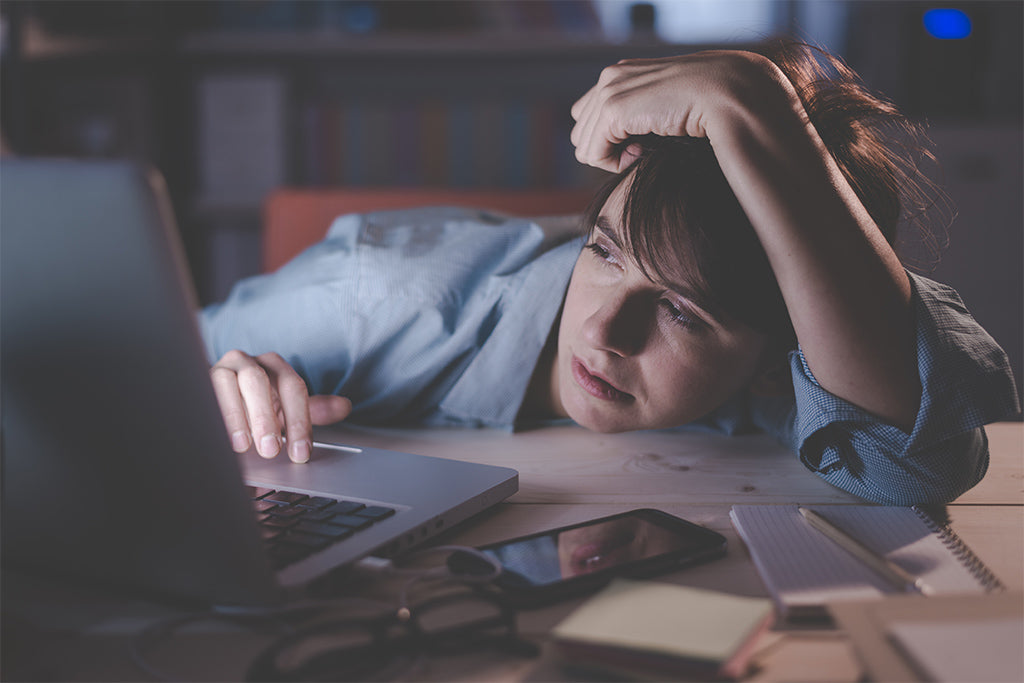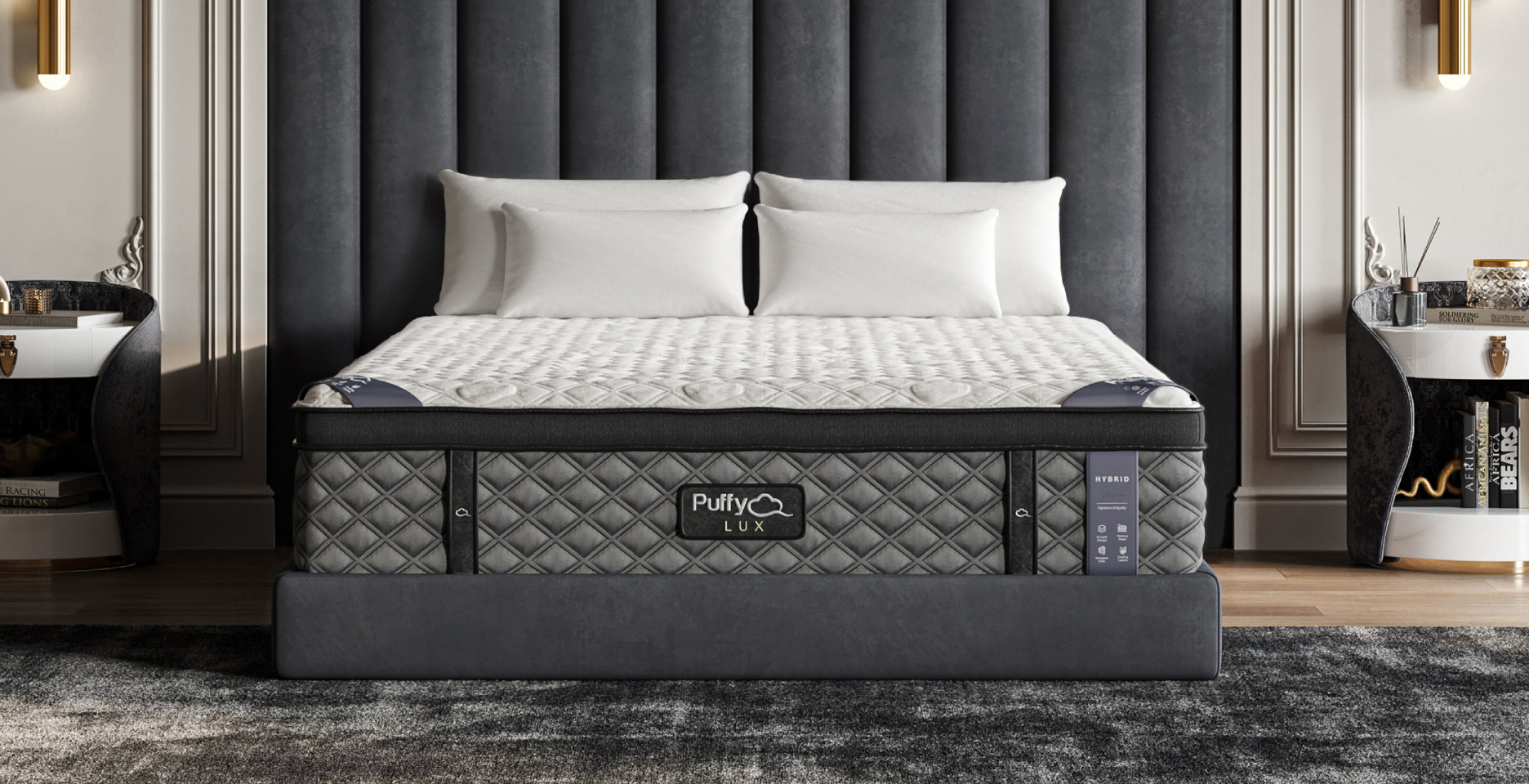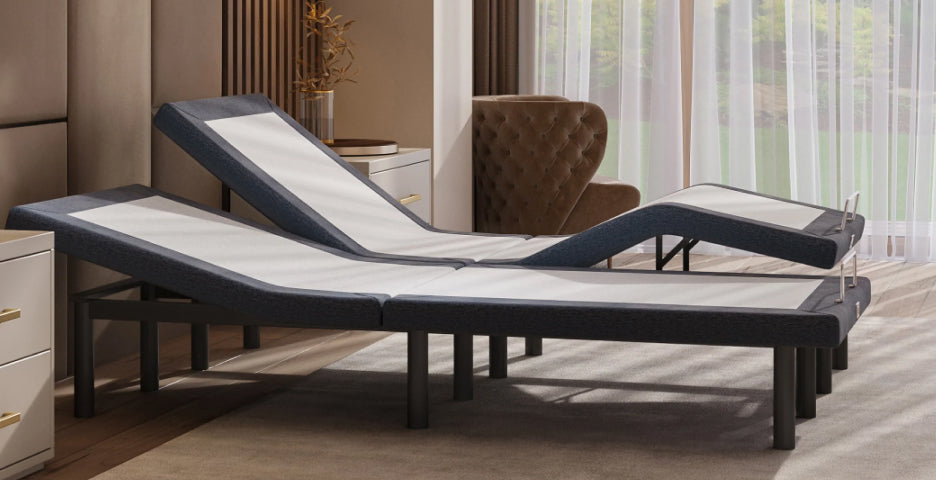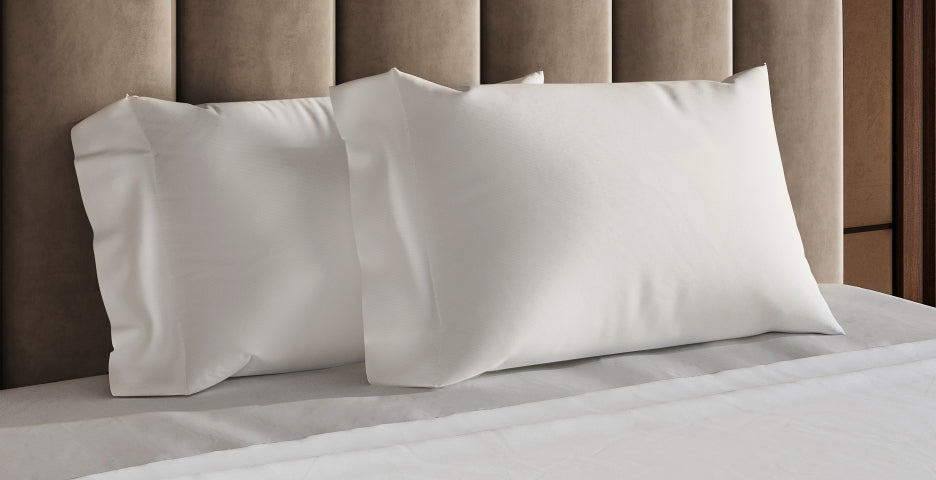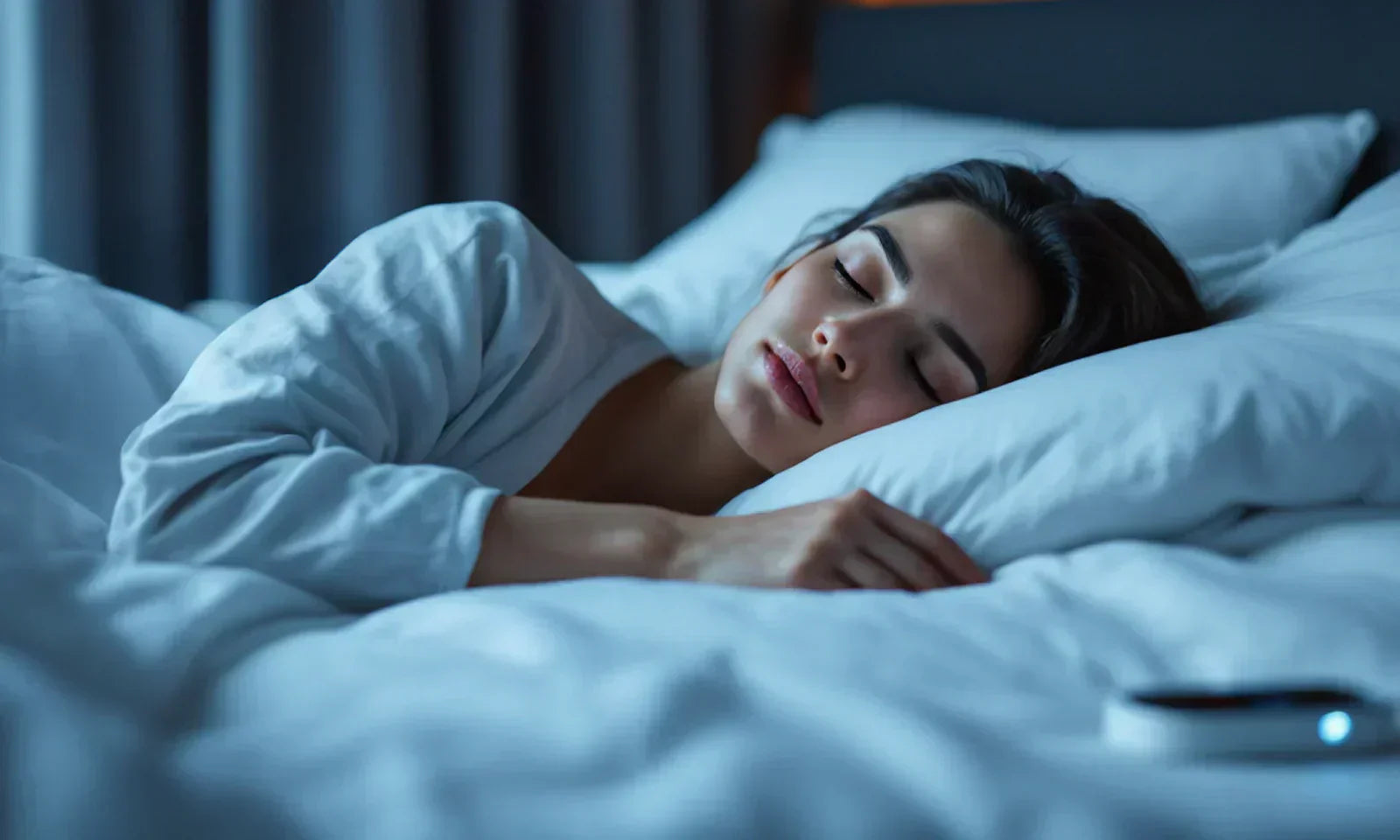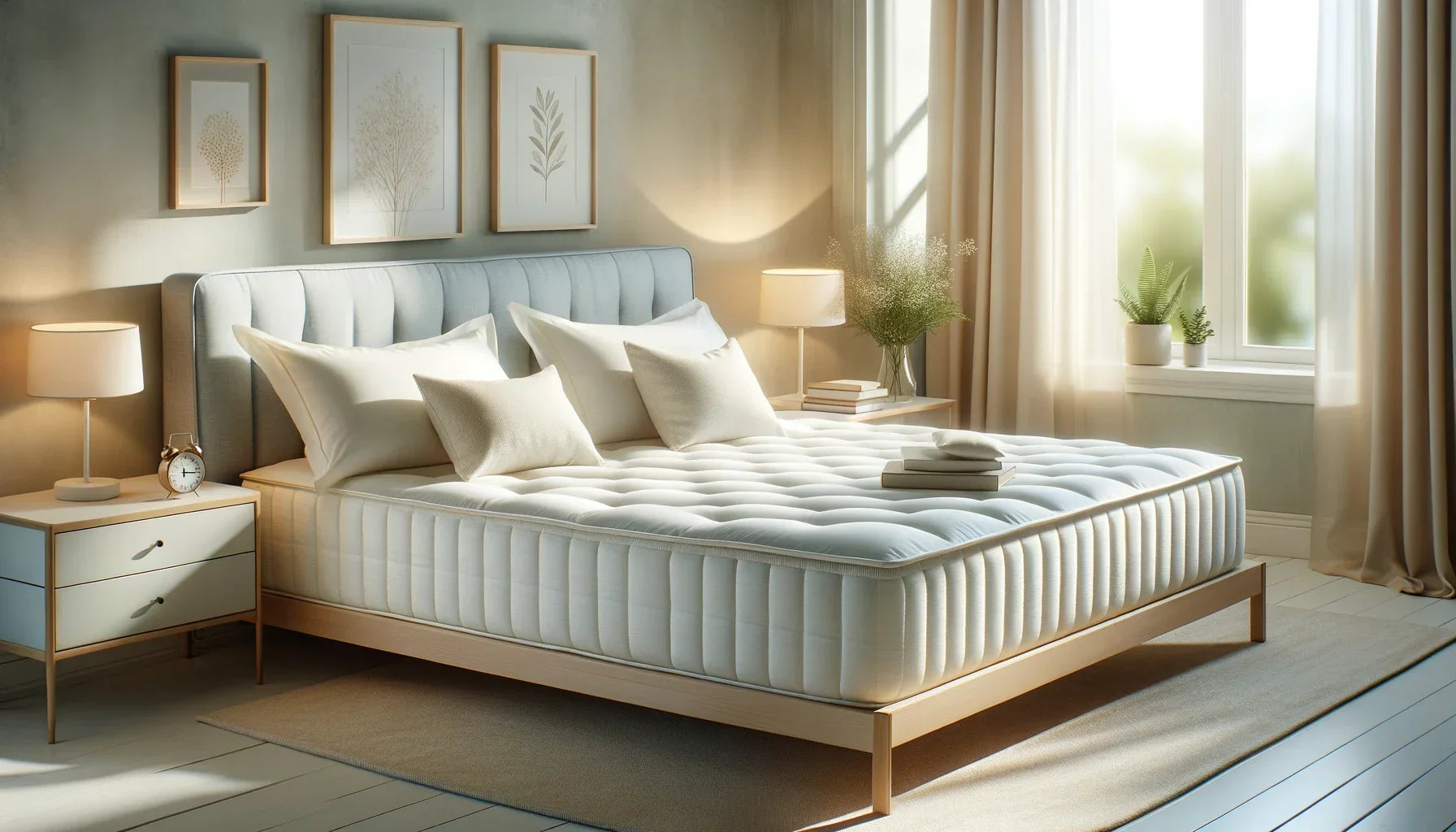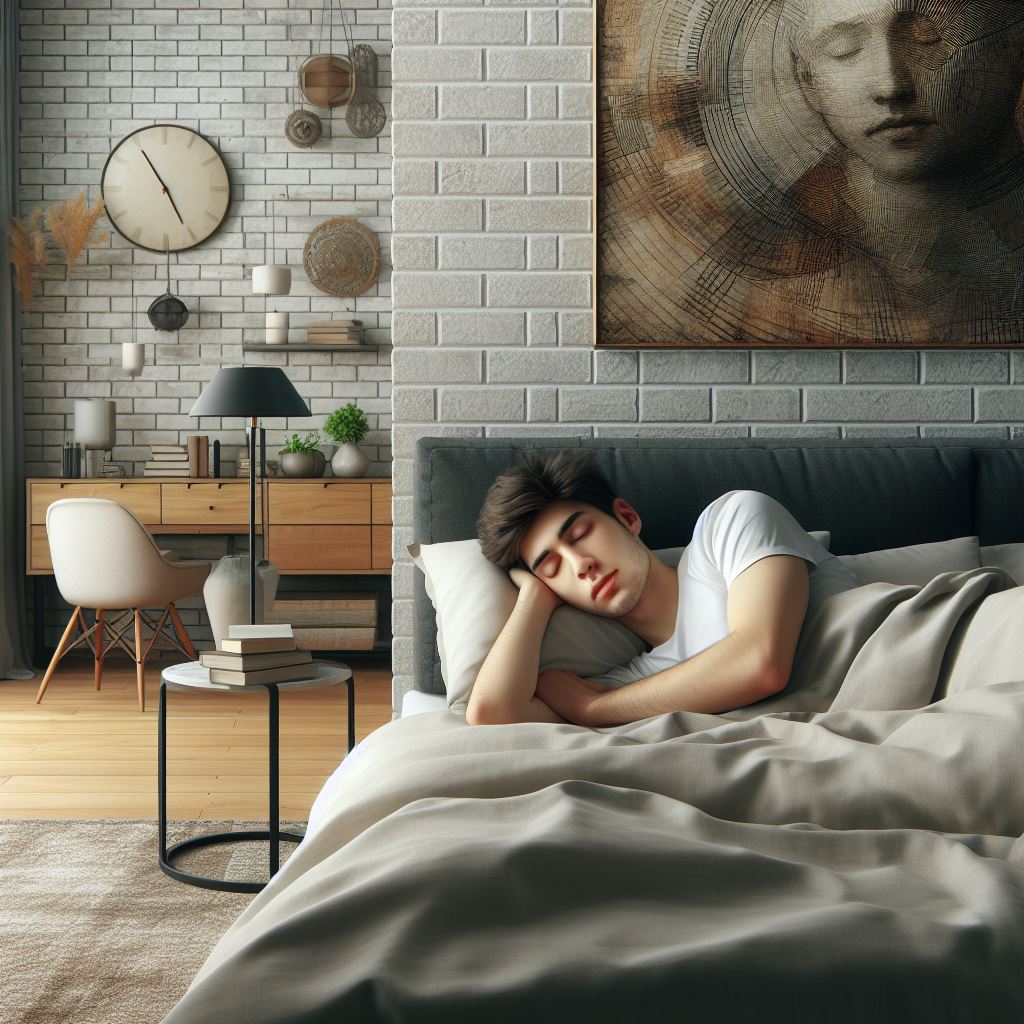Last-minute cramming sessions, tight deadlines, babies wailing like banshees — it’s safe to say that nearly everyone has experienced sleep deprivation at one point or another.
Though experts recommend sleeping at least 8 hours every night, not many people do. In fact, sleep often takes a backseat to other obligations, whether that’s binging a Netflix show or working on a major presentation. That begs the question: How long can you go without sleep?
The World Record for Longest Time Without Sleep
Randy Gardner is most notable for setting the world record for prolonged sleep deprivation by staying awake for nearly 265 hours. Though others have set longer records, Gardner’s is the only scientifically documented case.
In 1964, Gardner set out on a mission to stay awake for as long as possible for a science fair project. He succeeded for 11 days and 25 minutes. His attempt at prolonged sleep deprivation received widespread attention from the sleep science community and the media.
On the last day, Gardner gave a press conference, during which he said he wanted to prove that nothing bad would happen if a person went without sleep for an extended time. However, though he managed to stay awake for an alarming number of hours, the sleepless nights didn’t come without side effects.
As the days went by, Gardner experienced hallucinations, a decline in cognitive abilities, and nausea. After he broke the record, sleep researchers monitored his recovery. In just a few days, he seemed to have recovered completely, but decades later, Gardner reported experiencing insomnia. Though his trigger is unverified, studies have shown that prolonged sleep deprivation can have a long-term impact on your health.
Gardner’s record was broken two weeks later by another student Jim Thomas, who stayed awake for 266.5 hours. The longest record is held by Maureen Weston, who went 449 hours (18 days and 17 hours) without sleep in 1977.
However, the Guinness Book of World Records recognized the severe side effects of prolonged lack of sleep and stopped listing records for voluntary sleep deprivation to discourage people from attempting it.
How Long Can You Go Without Sleep?
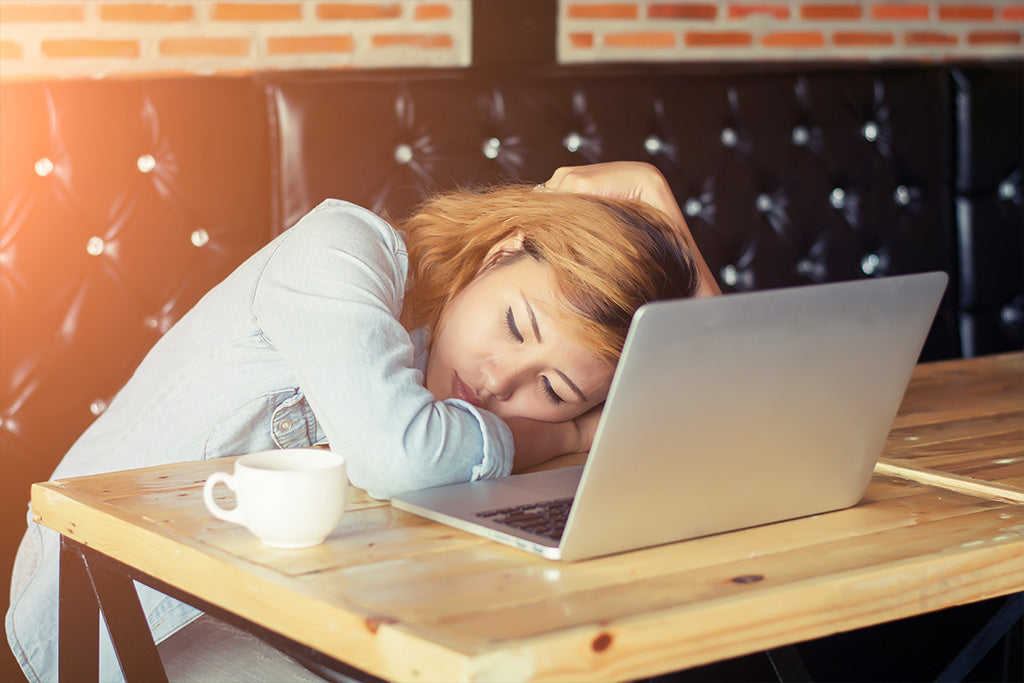
Though the world records demonstrate that several people have successfully managed to stay awake for more than ten consecutive days, nobody knows how long a human can actually survive without sleep.
Even after staying awake for 24 hours, you’re bound to feel the effects of sleep deprivation. You might notice that you have trouble concentrating, your thoughts are incoherent, and you experience mood changes. After 24 hours, the effects become exponentially worse. Depriving yourself of sleep for more than three days can trigger sleep deprivation hallucinations and make you feel disconnected from reality.
Not just that, but you become more of a danger to yourself and others, especially if you’re driving or operating heavy machinery. Human errors because of insufficient sleep have even caused global catastrophes, including the Chernobyl nuclear disaster, the Challenger space shuttle explosion, and the American Airlines Flight 1420 crash.
This might have you wondering: Can you die without sleep? In rare cases, death is possible if your organs fail. But not many deaths have been reported as a direct result of lack of sleep.
In fact, sleep specialists have said that it’s virtually impossible to deprive yourself of sleep for a long time. Your body has the ability to microsleep, which means that even if you think you’re staying awake, you will unconsciously slip into brief periods of sleep that last a few seconds. This happens because your brain essentially forces you to fall asleep after a certain period.
What Happens if You Don’t Sleep?

If you’re not getting sufficient sleep every night, you might not feel the effects of sleep deprivation, but it will take a toll on your body at some point. There are two sleep deprivation stages: acute and chronic.
Acute Sleep Deprivation
Acute sleep deprivation occurs after a few sleepless nights. It’s unlikely that you’ll experience any significant health problems, but you may feel disoriented. Here are some of the symptoms:
- Drowsiness
- Irritability
- Fatigue
- Reduced concentration
- Impaired judgment and decision-making
- Anxiety
- Increase in stress levels
- Slow reaction time
Chronic Sleep Deprivation
When you experience prolonged sleep deprivation, you’re more likely to be at risk for more severe health problems, including:
- Weaker immune system
- Weight gain
- Increased risk of accidents
- Depression and anxiety
- Heart attack
- Hypertension
- Psychosis
Why Do You Need Sleep?
Sleep is mysterious. To this day, it’s hard to pinpoint exactly why we need it, but everyone knows that getting sufficient sleep is essential for overall well-being.
Scientists have attempted to identify why we need sleep by examining what happens when humans and animals are deprived of sleep, but the question hasn’t yielded a concrete answer. However, researchers have outlined four theories about why we sleep. It’s important to note that the theories remain unproven, but it’s beneficial for helping us evaluate why sleep plays such a critical role in our lives.
Inactivity Theory
The inactivity theory, which is also referred to as the adaptive or evolutionary theory, suggests that sleeping helps us survive when we’re vulnerable.
It is one of the earliest theories about why we sleep, and it implies that animals who were motionless and quiet when it was dark were less likely to get hurt or run into predators. The habit of being inactive at night evolved into what we recognize as sleep. But the counterargument to this theory is that remaining conscious is the best way to effectively react to an attack.
Energy Conservation Theory
The energy conservation theory is often connected to the inactivity theory because it suggests that sleeping reduces our energy demand and consumption.
This also ties back to natural selection because sleeping at night meant animals weren’t putting themselves in harm’s way at night when they were the most vulnerable to attacks.
Restorative Theory
We all know that a good night’s sleep can be rejuvenating, and scientific studies support that. As per this theory, sleep is essential for repairing the body. Lack of sleep has a detrimental impact on health. Several prolonged sleep deprivation studies on animals have found that they die in a few weeks because they lose all immune system functions.
Brain Plasticity Theory
This recent theory suggests that sleep is linked to changes in the organization and structure of the brain.
Though brain plasticity is not entirely understood, it is evident that sufficient sleep is crucial for brain development in infants and young children. The link between brain plasticity and adults is also clear because lack of sleep impairs cognitive abilities.
How Much Sleep Do You Need?
The amount of sleep you need varies depending on your age. For instance, adults generally don’t need as much sleep as infants or young children. According to the Centers for Disease Control and Prevention, here’s the recommended sleep by age:
Tips for Getting Better Sleep

A good night’s rest is well within your reach. To combat sleep deprivation once and for all, try these tips to cultivate healthier sleep habits.
Consider a weighted blanket
If you struggle with insomnia, a weighted blanket is a great solution. The gentle pressure of a weighted blanket can help you doze off faster by stimulating the comforting feeling of a hug or a massage. To ensure you don’t overheat during the night, consider investing in a cool weighted blanket that provides all the benefits and still allows for maximum coziness.
But a weighted blanket is only as good as the mattress you have, so it’s important to make sure you have the most comfortable mattress. Memory foam is one of the best mattress choices for those who struggle with sleep deprivation because it contours to every curve of your body and is designed to provide pressure-relieving rest.
Improve sleep hygiene
The most effective way to lock in a good night’s sleep is by practicing better sleep hygiene habits. Everything you do during the day impacts the way you sleep, including diet, exercise, and how long your naps last.
To get back on track after several sleepless nights, it’s essential to establish a sleep schedule, limit alcohol and caffeine intake, avoid screens before bed, and make healthy dinner choices close to bedtime.
Try not to rely on sedatives
When you slog through enough sleep-deprived nights and groggy mornings, a sedative might seem like the only solution. However, any kind of sedative, whether that’s alcohol or over-the-counter pills, may temporarily put you to sleep, but it’s essential to be aware of the potential side effects.
A major concern is that after repeated use, you might find your tolerance waning and dependency increasing. Over time, you’ll find that you need a higher dose than what you were used to, which could eventually lead to sleeplessness. Instead of relying on sedatives, try your best to practice healthy sleep habits.
Sleep deprivation can affect your quality of life, so it’s essential to implement solutions at the first sign. Don’t fret, though, because overcoming sleepless nights is possible.
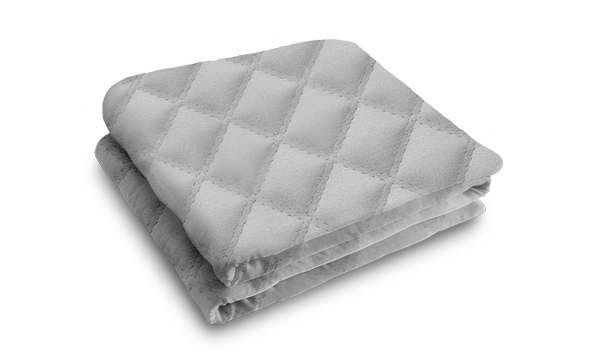
Choose Your Puffy Deluxe Weighted Blanket
Shop the best-rated Puffy Deluxe Weighted Blanket with these extra comfy benefits:
- Lifetime Warranty
- 101-Night Sleep Trial
- Free, Contactless Delivery
Disclaimer. We love sleep and we want you to get the best sleep possible. But we do not provide medical advice. This blog is intended for informational purposes only. It is not a substitute for professional medical info, diagnosis, or treatment. Never ignore professional medical advice in seeking treatment because of something you have read on our blog.
